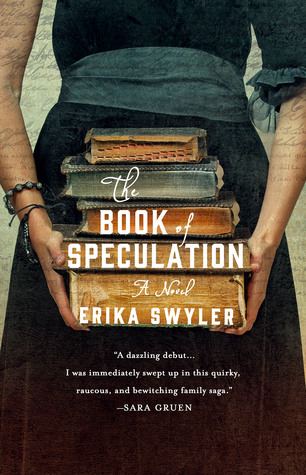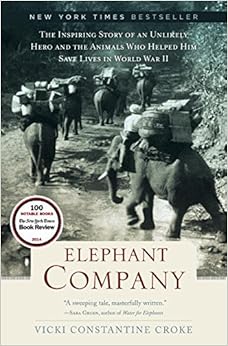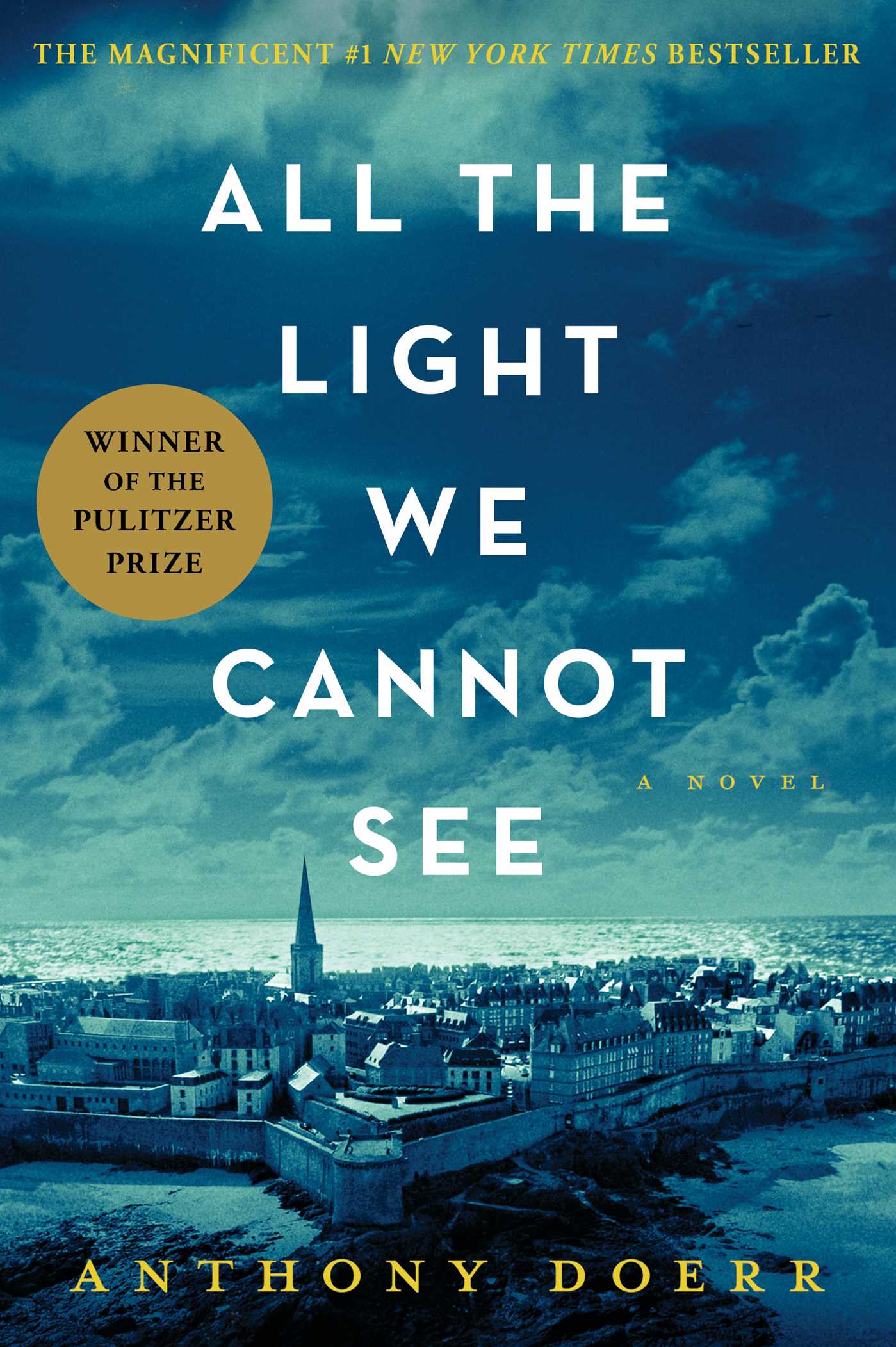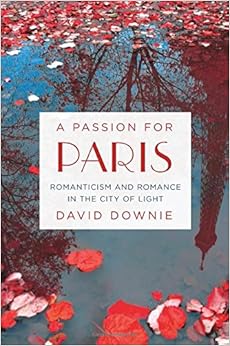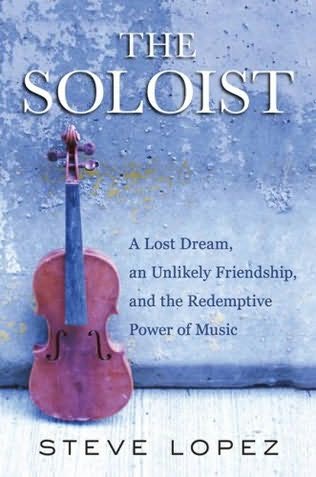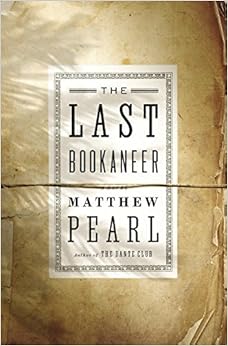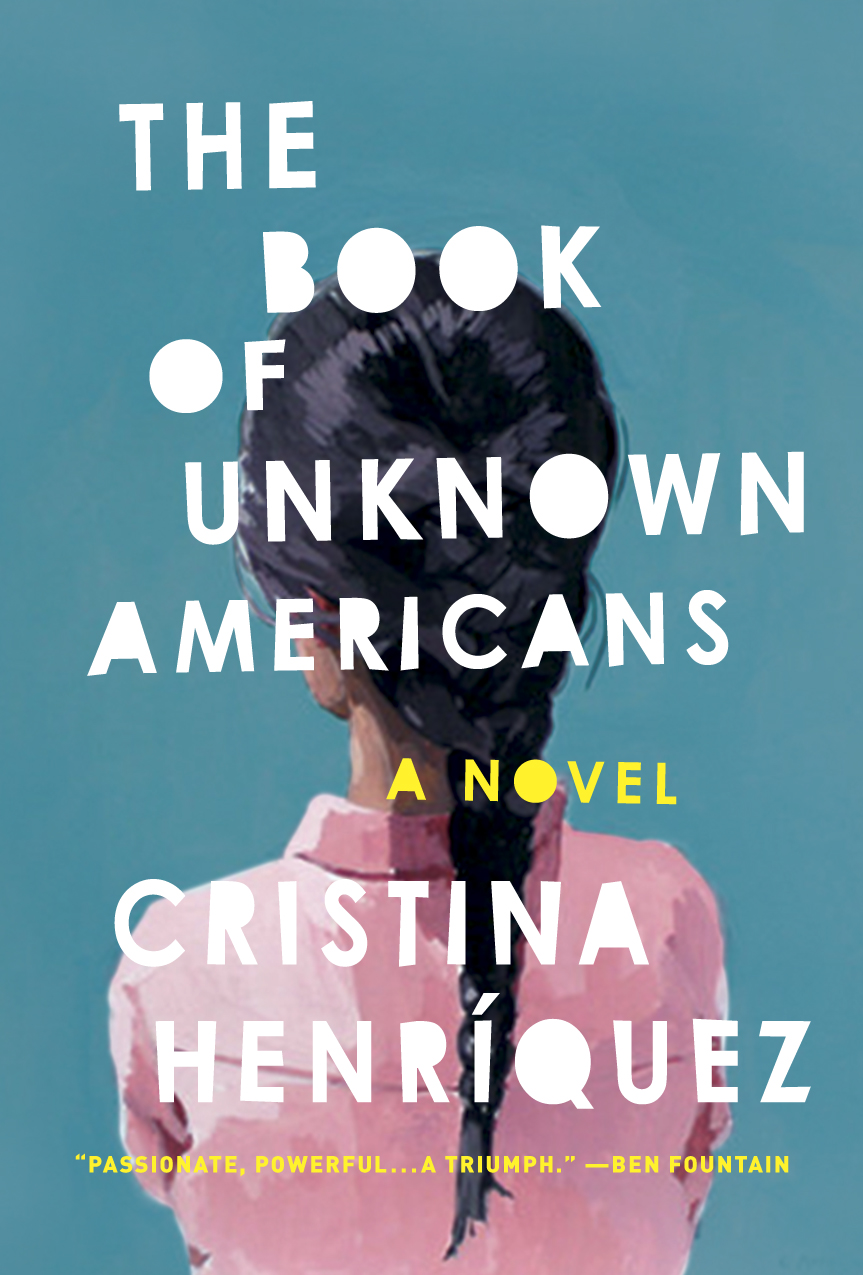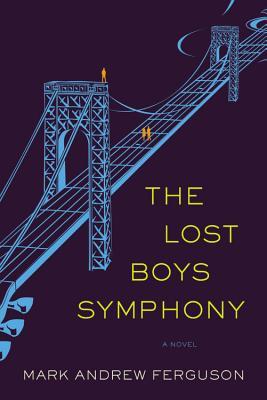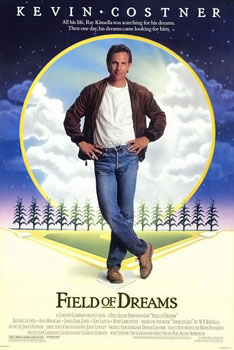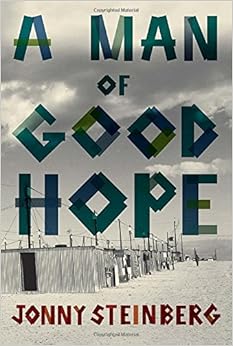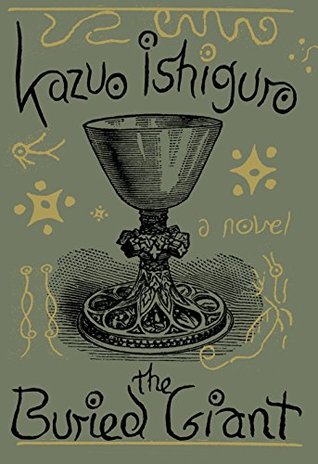(Scribner)
Available in hardcover, ebook and audio
The sequel to last year's Mr. Mercedes, King returns to territory similar to his 1987 book Misery. An author created a memorable character, but hasn't published a new book in decades. One fan gets enraged and kills the author, but not before finding notebooks containing one more novel. Years later, a boy finds the notebooks and retired cop Bill Hodges tries to protect him from the crazed fan, recently released from prison. While I don't read King's books as rapturously as others, Finders Keepers has been the most pre-ordered audiobook on Audible for at least a month and with Will Patton narrating, I totally understand why.
How Music Got Free by Stephen Witt
(June 16, Viking)
Available in hardcover, ebook and audio
Remember when Napster was a thing? In the early days of the Internet, many were using sites like LimeWire, Napster and Kazaa to get the latest albums for free. But once the 2001 injunction against Napster came, many users unloaded it from their systems. Stephen Witt explores the digitalization of music and the advent of music piracy in a book the publisher likens to works by Lawrence Wright (The Looming Tower, Going Clear) and Michael Lewis (Moneyball, Flash Boys).
Love May Fail by Matthew Quick
(June 16, Harper)
Available in hardcover, ebook and audio
The author of The Silver Linings Playbook and The Good Luck of Right Now returns with a tale of a Florida woman returning to her South Jersey childhood home after she finds her husband cheating on her. She invests time with her former English teacher who has retired after an incident in his classroom. Peppered into the story are a nun, metal-music-loving boy, a former heroin addict and the woman's mother who is a hoarder. Ultimately, Quick's newest seems to emphasize themes similar to Silver Linings in regards to taking control of one's life and picking up the pieces.
Pirate Hunters by Robert Kurson
(June 16, Random House)
Available in hardcover, ebook and audio
Yo ho, yo ho, it's a pirates' life for Kurson as he follows two men trying to find the remains of the sunken ship Golden Fleece, a ship captained by pirate Joseph Bannister. But the hunt for the ship gets complicated as the two men race to find documents and fend off rivals. This book was one of my most anticipated of the summer and has earned rave reviews across the board with endorsements from the likes of Daniel James Brown (The Boys in the Boat), Lee Child and Sen. John McCain.
The Book of Speculation by Erika Swyler
(June 23, St. Martin's)
Available in hardcover, ebook and audio
One of the buzziest books of the summer, Swyler's debut novel is a mystery thriller with elements of fantasy set on the Long Island coast. After receiving a mysterious book, a librarian realizes that many women in his family die on the same date, all by drowning. When his sister returns home for the first time in years, he wonders if she will suffer the same fate. The librarian is then in a race against time to solve the mystery of his family history and to save his sister's life.




